Don’t Do It Alone: How to Organize A Supportive Care Team
Don’t Do It Alone: How To Organize A Supportive Care Team: When your child is struggling with their mental or physical health—whether it’s anxiety, disordered eating, a chronic condition, or something you can’t quite name yet—it can feel overwhelming, isolating, and even paralyzing. As parents, we often feel like we should have all the answers, or that it’s our job to “fix” it on our own. But the truth is: you don’t have to go it alone. In fact, organizing a care team is one of the most powerful things you can do for your child—and for yourself. A well-rounded support system helps you move from confusion and worry to clarity and connection. It allows your child to be seen as a whole person, and not just a diagnosis or a set of symptoms. Here’s how to begin building that team—one that supports your values and your child’s unique needs. Step 1. Organize A Care Team: Start with Your Core Values Before you bring in outside professionals, get clear on your family’s core values. What matters most to you when it comes to your child’s well-being? Maybe it’s compassion over compliance, trust over control, or collaboration over quick fixes. When you lead with your values, you’ll be able to filter advice, treatment plans, and communication through a lens that feels aligned—and avoid second-guessing yourself at every turn. 🟢 Tip: Write down 3 guiding values for your parenting approach. Use them as a compass when making care decisions. Step 2. Organize A Supportive Care Team: Identify the Gaps Next, take an honest look at where your child needs support. These are some common care categories to consider: You don’t need to fill every role right away. Start with the most urgent needs and go from there. Step 3. Organize A Supportive Care Team: Choose Aligned Professionals Not all providers are created equal—and not every well-meaning expert will be the right fit for your family. Seek out professionals who: 🟢 Look for specialists who use a collaborative, trauma-informed, or HAES® (Health at Every Size) approach if disordered eating is a concern. Step 4. Organize A Supportive Care Team: Connect the Dots Once your team is in place, your role becomes one of care coordinator and advocate. That might mean: You are the common thread. And that role is powerful. Step 5. Organize A Supportive Care Team: Take Care of You, Too You can’t pour from an empty cup. As your child receives support, you also need space to process, plan, and rest. A parent coach, therapist, or support group can help you hold the emotional weight without burning out. And remember: you’re not failing because you need help—you’re showing strength by building a village. Final Thoughts Organizing a supportive care team doesn’t mean giving up control—it means stepping into your role as a connected, empowered parent. Your child deserves a full-circle approach to health, and you deserve support in making that happen. You’re not in this alone. And you don’t have to act like you are. Use this link to schedule a free call now. 💌 Want more support? Download my free guide:“4 Steps To Talk To Your Kids About Food-Without Making It Worse” — a roadmap to help you organize your next steps with clarity and confidence. And join my newsletter for weekly insights, scripts, and support for parents navigating food, body image, and emotional wellness. Get the Free GuideJoin the Newsletter



